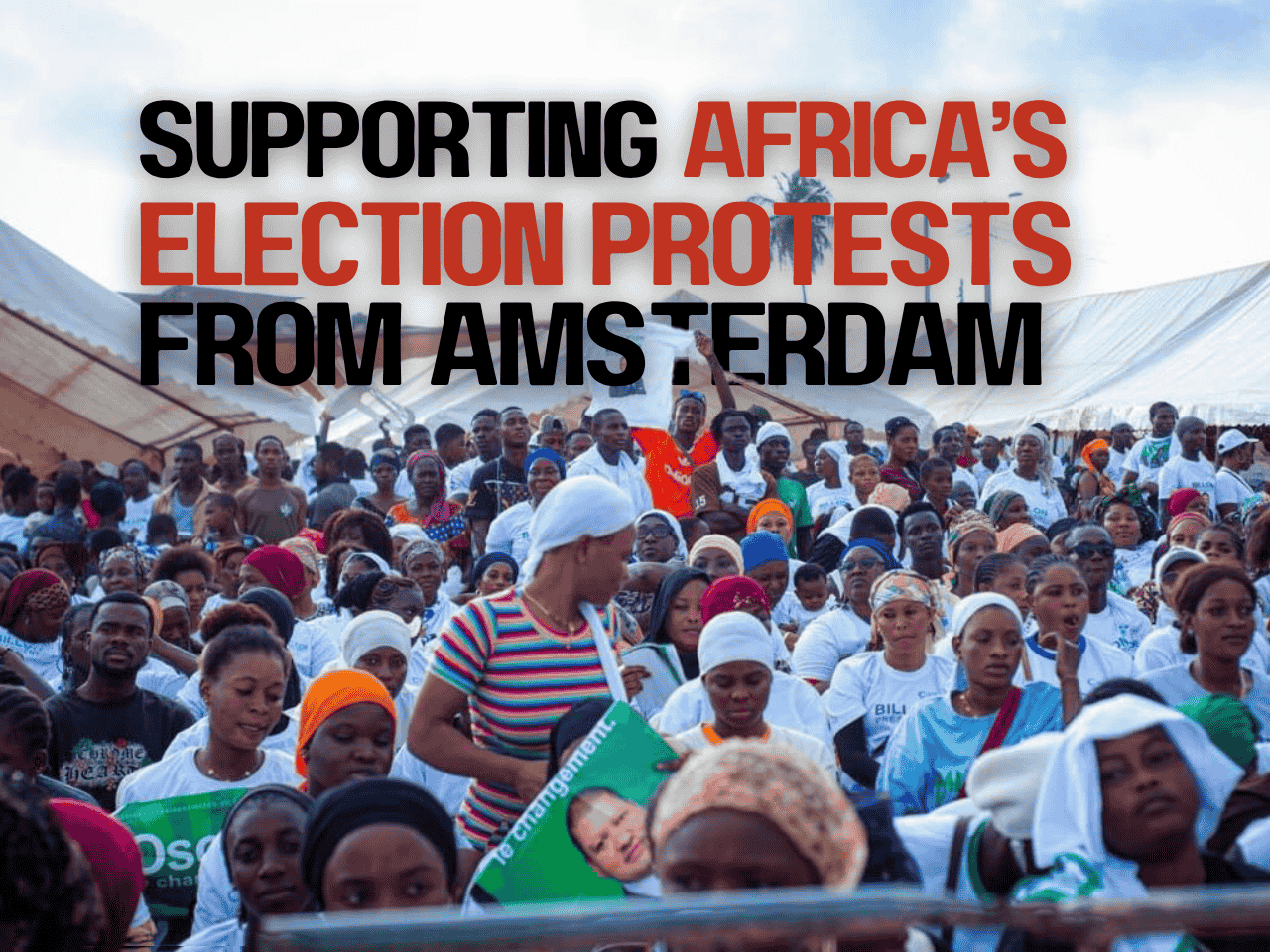ZAM’s office in the Netherlands may have been surrounded by the noise and clamour of election campaigns in recent days, but that commotion pales in comparison to the protests — and, sadly, the violent responses by authorities — that have accompanied elections in Cameroon, Ivory Coast, and Tanzania during the same period. In these countries, oppressive one-party governments have gone to great lengths to suppress opposition and voters.
What is happening in these countries is symptomatic of a wave of protest, driven largely by youth, often referred to as ‘Generation Z’, against bad governance and kleptocracy in an increasing number of African nations, including, most recently, Madagascar and Morocco. Their growing numbers and momentum even warranted an editorial in the Dutch newspaper De Volkskrant, which ran the headline “Gen Z is taking to the streets for a reason and deserves international attention” on 17 October.
The commentary noted that young people in the streets of Madagascar, Morocco, and elsewhere are protesting against ruling elites who “visibly bask in luxury, pass the most prestigious positions among themselves, and guard their ‘systems’ to prevent younger generations from gaining access to power and capital,” while ordinary citizens continue to languish in poverty.
The Volkskrant then called on the world’s wealthy nations to interrogate their own “nefarious role” in “supporting corrupt and nepotistic governments through controversial (migration) deals and trade”. In addition to Morocco and Madagascar, the commentary also mentioned Nepal, Indonesia, the Philippines, and Peru. Yet, in the case of the African countries, ZAM’s investigative journalist partners have been making the same point.
Scores of young people were shot dead on the streets of Nairobi last year while protesting the kleptocratic mismanagement of public finances. In Uganda, many remain imprisoned after being abducted by state security forces. As we write, young Cameroonians demanding fair election results after 92-year-old dictator Paul Biya, known for his vast Swiss bank accounts, was once again fraudulently declared the winner by his handpicked election authorities, are being dragged before military tribunals. During the recent election campaign in the Ivory Coast, where voting took place this past weekend, opposition activists and civil society members were also arrested, all to secure an unconstitutional fourth term for President Ouattara (83). In Tanzania, protests were expected to erupt on 29 October, the same day elections were held in the Netherlands.
Meanwhile, in Morocco, courts have handed down sentences ranging from four to 20 years against protesters for “vandalism and incitement,” according to Human Rights Watch. In Madagascar, where demonstrations prompted the president’s flight amid public cheers, those who had demanded change recently voiced disappointment when a military colonel personally appointed an elite businessman as the new prime minister.
De Volkskrant calls for international support “to strengthen democratic institutions such as trade unions, human rights organisations, and independent media” to assist the new generations risking their lives for change in these countries. We couldn’t agree more.
Team ZAM
Call to Action
Working towards a new relationship of equality between Africa and Europe, ZAM platforms African investigation, activism and creativity that challenges exploitation, white supremacy and the erosion of democratic rights. Donate here.


